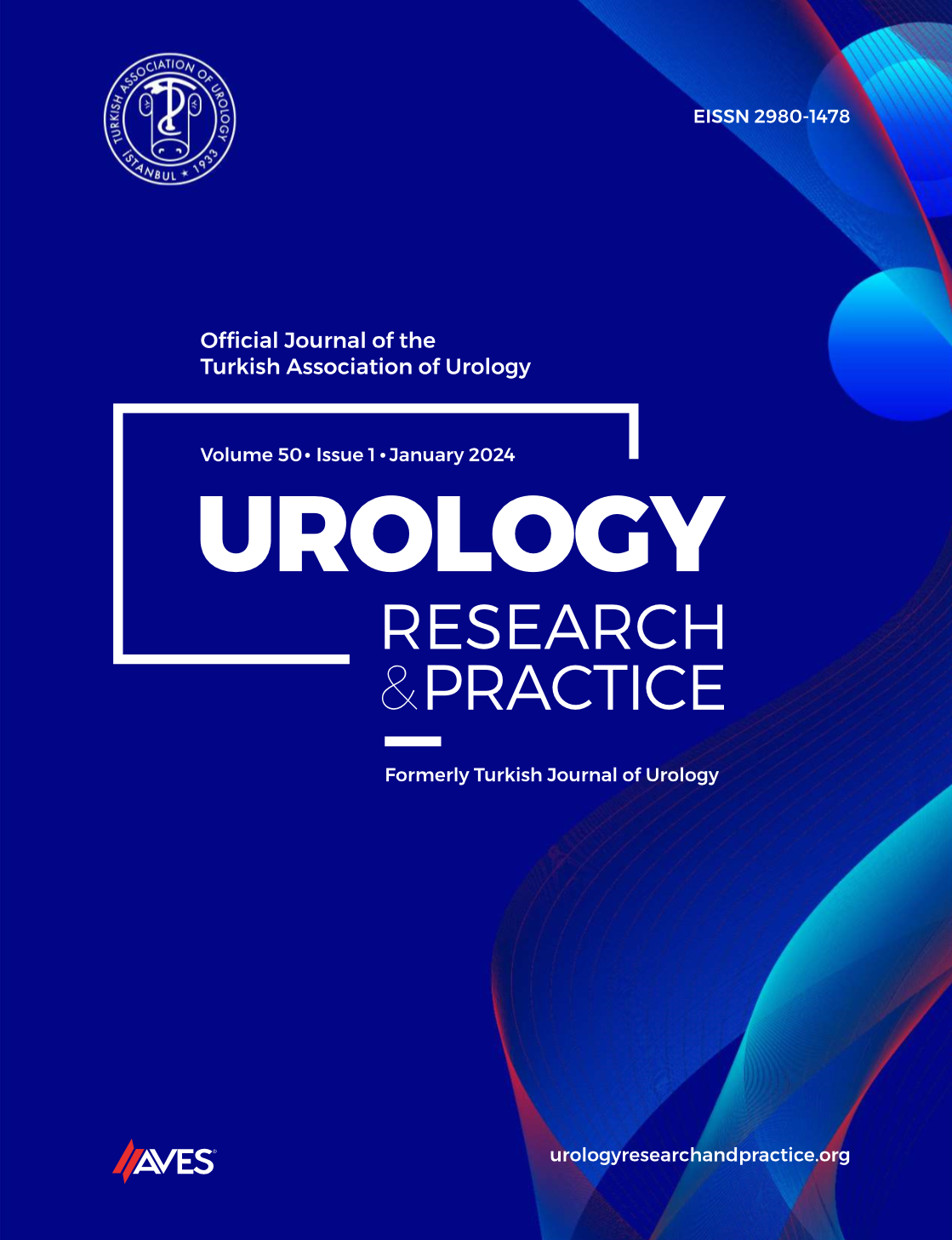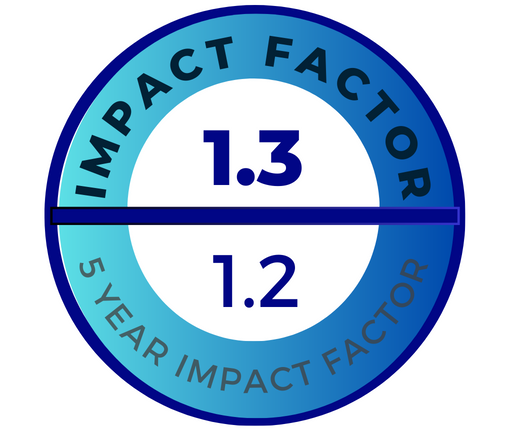Upper-tract urothelial carcinoma (UTUC) is a rare disease, posing many challenges for the treating physician due to the lack of strong evidence-based recommendations. However, novel molecular discoveries and a better understanding of the clinical behavior of the disease lead to a continuous evolution of therapeutic landscape in UTUC. The aim of the review is to provide a comprehensive update of the current diagnostic modalities and treatment strategies in UTUC with a special focus on recent developments and challenges. A comprehensive literature search including relevant articles up to August 2020 was performed using the MEDLINE/PubMed database. Despite several technological improvements, accurate staging and outcome prediction remain major challenges and hamper appropriate risk stratification. Kidney-sparing surgery can be offered in low risk UTUC; however, physician and patient must be aware of the high rate of recurrence and risk of progression due to tumor biology and understaging. The value and efficacy of intracavitary therapy in patients with UTUC remains unclear due to the lack of high-quality data. In high-risk diseases, radical nephroureterectomy with bladder cuff excision and template lymph node dissection is the standard of care. Perioperative systemic chemotherapy is today accepted as a novel standard for advanced cancers. In metastatic or unresectable disease, the therapeutic landscape is rapidly changing due to several novel agents, such as checkpoint inhibitors. While several diagnostic and treatment challenges remain, progress in endoscopic technology and molecular knowledge have ushered a new age in personalized management of UTUC. Novel accurate molecular and imaging biomarkers are, however, still needed to guide decision making as tissue acquisition remains suboptimal. Next generation sequencing and novel agents are promising to rapidly improve patient outcomes.
Cite this article as: Schuettfort VM, Pradere B, Quhal F, Mostafaei H, Laukhtina E, Mori K, et al. Diagnostic challenges and treatment strategies in the management of upper-tract urothelial carcinoma. Turk J Urol 2020; 47(Supp. 1): S33-S44.

.png)


.png)